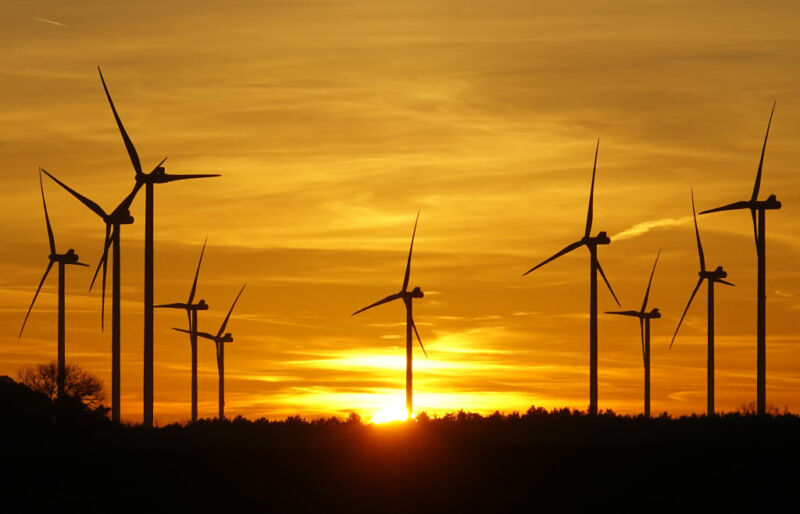
Enlarge (credit: Picture Alliance / Getty Images)
In many areas of the United States, installing a wind or solar farm is now cheaper than simply buying fuel for an existing fossil fuel-based generator. And that's dramatically changing the electricity market in the US and requiring a lot of people to update prior predictions. That's motivated a group of researchers to take a new look at the costs and challenges of getting the entire US to carbon neutrality.
By building a model of the energy market for the entire US, the researchers explored what it will take to get the country to the point where its energy use had no net emissions in 2050—and they even looked at a scenario where emissions are negative. They found that, as you'd expect, the costs drop dramatically—to less than 1 percent of the GDP, even before counting the costs avoided by preventing the worst impacts of climate change. And, as an added bonus, we would pay less for our power.
But the modeling also suggests that this end result will have some rather unusual features; we'll need carbon capture, but it won't be attached to power plants, for one example.
No comments:
Post a Comment